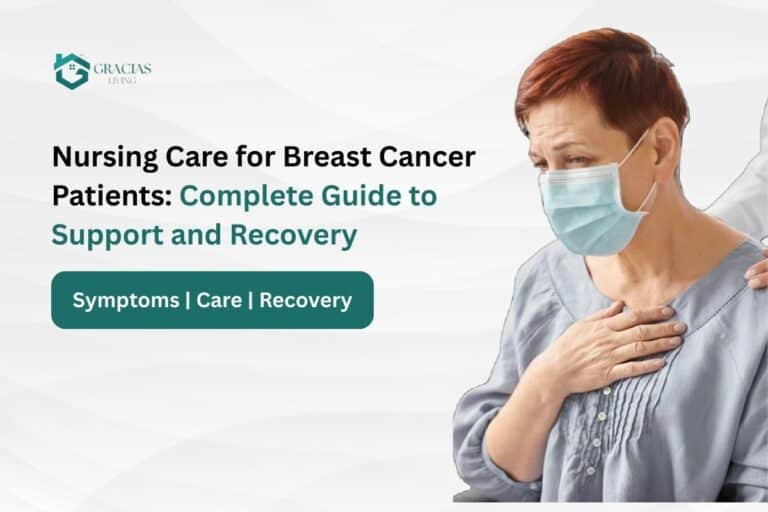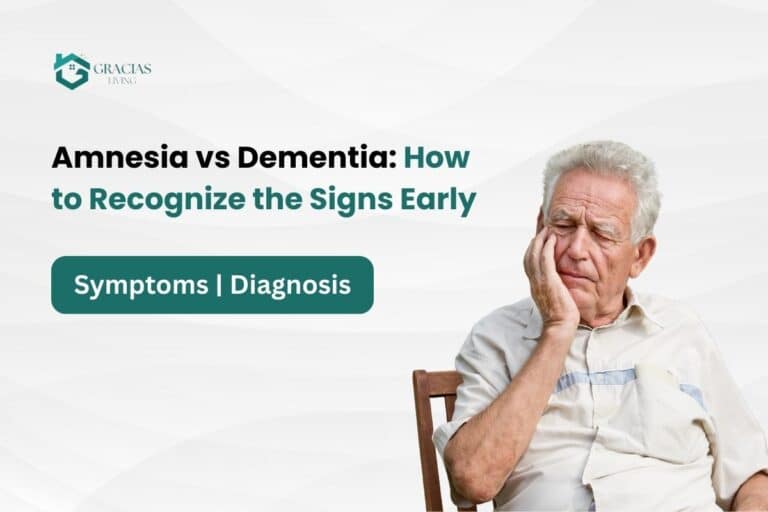Quick Summary of the article:
- The elderly care home sector in India is rapidly evolving with innovation and social change.
- Tech-enabled care, including wearables and telemedicine, ensures real-time health monitoring and safety.
- Luxury senior living is becoming popular, offering wellness, comfort, and community-style living for retirees.
- Integrated healthcare models link hospitals with senior homes for continuous medical support.
- Government programs like NPHCE and the Senior Citizen Welfare Fund aim to strengthen geriatric care and infrastructure.
- Choosing the right care—home-based or assisted living—depends on health, needs, and family situation to ensure peaceful, fulfilling golden years.
Due to the increasing age of the population in India, there is an increasing demand in the provision of reliable and caring elderly care.
As most of the families currently live in nuclear families and children of the family have moved to work areas around the world, adequate provisions for taking care of the ageing parents have been an issue of concern.
This has created a growing necessity of having the elderly taken care of privately – the specialised facilities that offer a combination of medical support, feelings of comfort and emotional support.
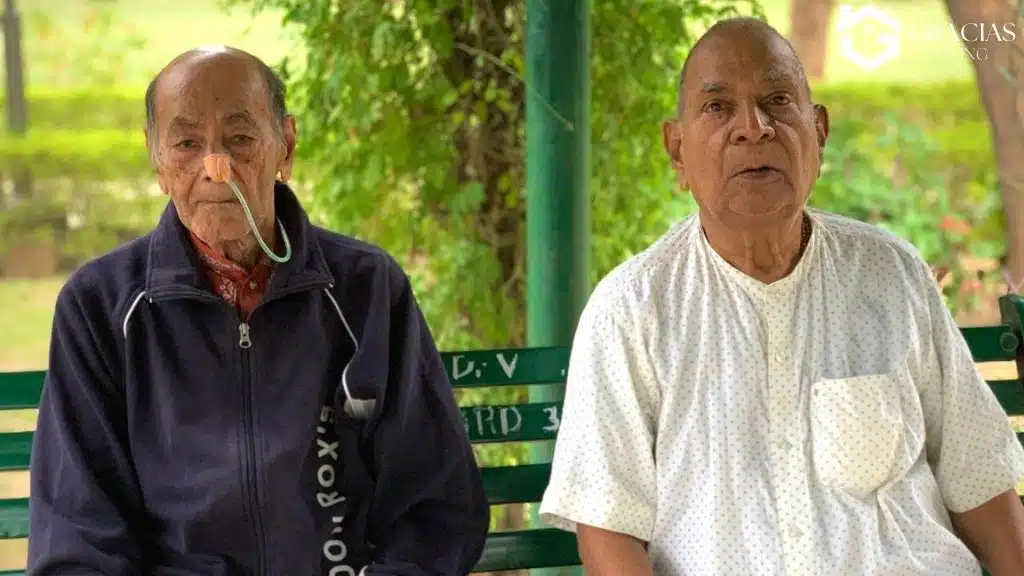
What is Private Home Elderly Care?
Elderly home care residential homes are residential houses which are specifically meant to house seniors who are frail in everyday living duties, or are not capable of taking care of themselves.
These facilities are cosy with an extended family but with professional nursing and personal care services so that the occupants can live a comfortable and respectable life.
The Categories of Private Elderly Care Homes
- Assisted Living Homes: Assist in performing fees, including bathing, dressing, and dietary provisions, but give the elderly some autonomy.
- Nursing Homes: 24/7 medical care is best suited in the case of seniors who are chronically sick or those recuperating after surgery.
- Memory Care Guy: Specialises in the care of people with dementia or Alzheimer’s, providing safety-oriented and cognitive support.
- Luxury Senior Living Homes: Senior homes are an option that offers luxurious conditions to retirees, such as fitness rooms, lounge areas and fine dining.
Comparison between Private Homes and Other Care
Home care also enables the seniors to be in a familiar environment, whereas the private elderly care homes provide a highly organised environment with constant medical and social assistance.
They are also useful, especially where the family is unable to offer full-time care or where health situations require professional attention.
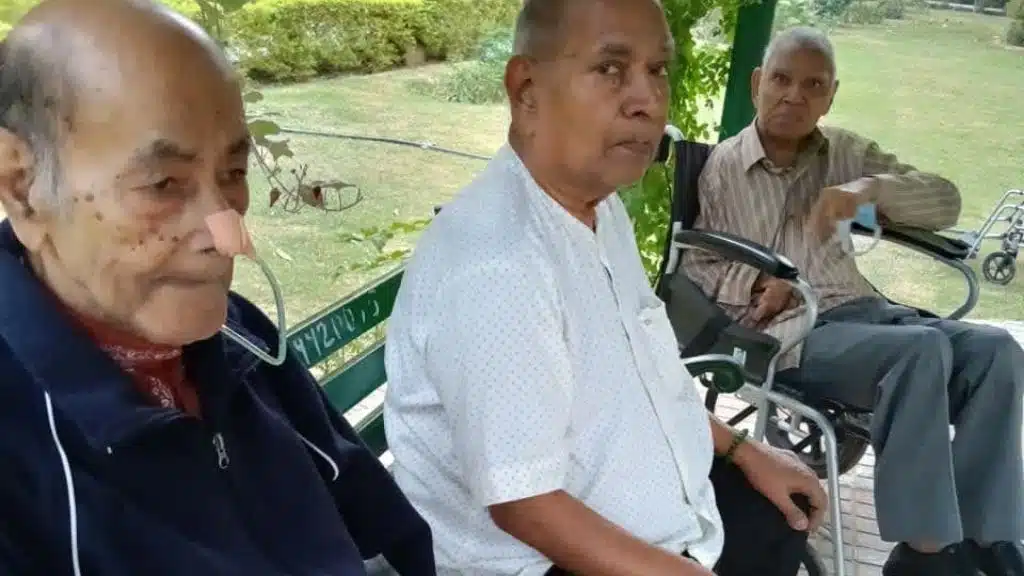
What is the Reason to Choose an Indian-Based Elderly Care Home?
As professional healthcare services have emerged, and these transformations of Indian families have taken place, most people prefer a private care home to elderly care as their choice.
Professional Care Advantages in a Special Facility
- 24/7 Medical Service: 24-hour attention of doctors, nurses, and caretakers will work to ensure timely intervention in the case of emergencies.
- Safe and Hygienic Living: The facilities are to be designed according to the standards of high level of cleanliness and safety.
- Nutritional Support: Well-balanced meals designed according to senior nutritional needs.
- Social Work: Regulated recreational activities, group services, and community activities assist in fighting loneliness.
- Less Family Stress: Families will have the peace of mind that their loved ones have been put in care, as they carry their own responsibilities.
Discussing General Fallacies
The care homes are associated with abandonment by many. Senior homes these days, however, are not based on isolation but rather on dignity, companionship and medical wellness when housed in a home. They will be aimed at the improvement of life quality and mood.
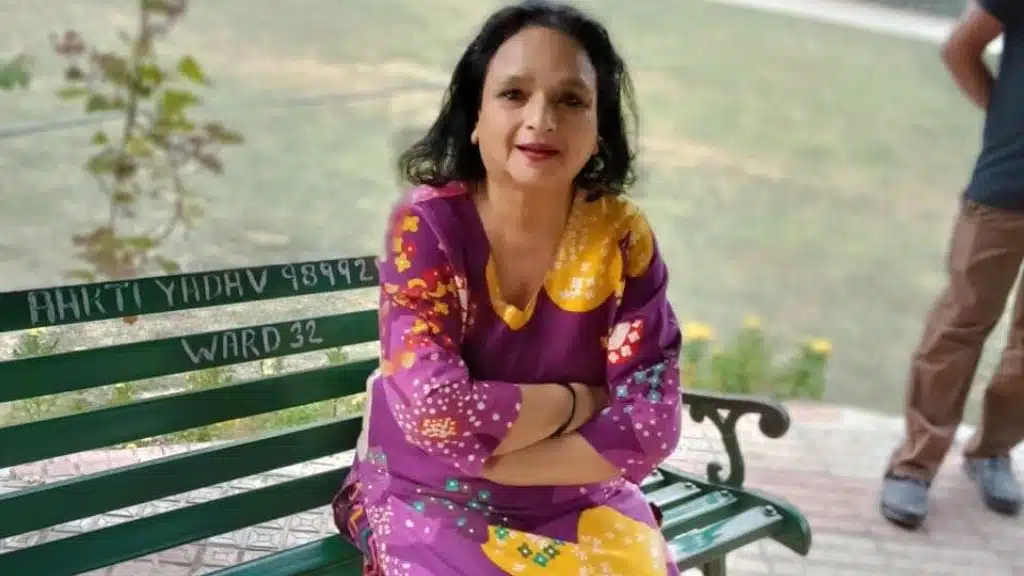
Home Care vs. Organised Elderly Care Homes
Several factors come into play when deciding on whether to provide elderly when they are at home or in a residential care facility.
Home Care
- Available in the place of stay of the senior.
- Caregivers may be either people in the family or employed.
- Evening work and individual service.
Private Elderly Care Homes
- Medical supervision and daily assistance in the institution.
- Appropriate for people who require 24/7 care.
- Promotes interactions and routine.
| Criteria | Home Care | Private Elderly Care Homes |
| Cost | Typically less expensive on a part-time basis. | Something more expensive, but with lodgings, food, and 24-hour help. |
| Medical Needs | Minimal; relies on visiting nurses. | There is a provision for continuous medical supervision. |
| Independence | The elderly do not have to move out of their homes. | Freedom and professional control. |
| Social Interaction | Restricted to the family and visitors. | Peer-interactive social environment. |
| Customization | Among others, completely customised to needs. | Skin-deep standardised services. |
The Main Aspects to Consider in the Private Elderly Care Facilities Are
When choosing a home of private care, it is essential to pay sufficient attention to the amenities and services.
Important Factors to Remember
- Safety and Security: Provide CCTV cameras, emergency telephone services and trained personnel.
- Cleanliness and Hygiene: Frequent cleaning (of tables), pest control and maintenance are also essential.
- Medical Facilities: Doctors within the premises, periodic check-up, and availability of the hospital facility in the area.
- Eating: Healthy diets and diabetic or low-sodium diets.
- Accessibility: Friendliness to wheelchairs, elevators and floors with no slips.
- Activity Programs: Hobby classes, physiotherapy, spiritual activity and outdoor trips.
- Staff Qualification: Confirm training of the caregivers and staff-to-resident ratios.
Evaluating Your Ability to Offer Home Care
Families should be realistic before ruling out the option of a care home, as an option, since they may not be in a position to offer care to the elderly at home.
Personal Readiness
- Are you and other relatives present to help daily?
- Is it possible to deal with emergencies or medical fluctuations?
Financial Readiness
- Therefore, think about the expenses of employing caregivers, medical equipment and home modifications.
- Review with monthly costs in a care facility.
Support Resources
Respite care and physiotherapy services, as well as home nursing services, provided by government programs, NGOs and local senior care networks may supplement the family’s needs.
The Process of Selecting the Most Suitable Private Elderly Care Home
The choice of a suitable house should be made with thorough research and field visits.
- Determine Needs: Determine medical health, mobility, and preferences.
- Research Alternatives: Internet directories, recommendations and reviews.
- Visit Volets: Check cleanliness, behaviour of the staff and residents.
- Check Accreditation: Assure that the facility is in conformance to state health and safety requirements.
- Know Prices: Ask for a transparent list of expenses and other expenses.
- Trial Stay: In certain houses, a short stay is provided in order to check the compatibility before being committed.
- Check Contracts: E-read Contracts about refunds, emergencies, and visitation rights.
The Future of the Indian Elderly Care Homes
The Indian elderly care sector is evolving at a very high rate due to innovation and social transformation.
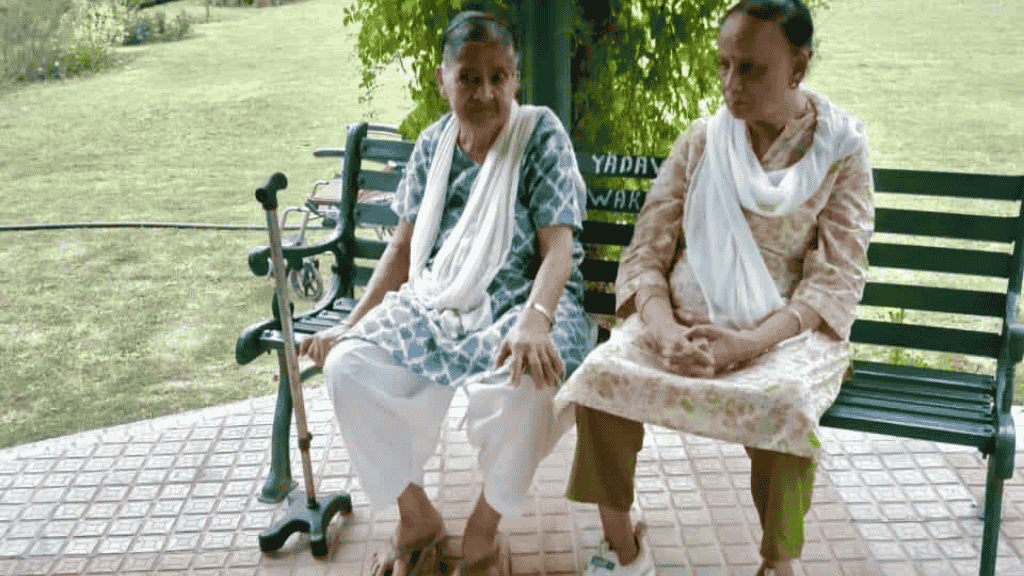
Emerging Trends
- Tech-Enabled Care: Real-time updates with health monitoring wearables and telemedicine.
- Luxury Senior Living: Wellness remedies and community style in living among senior citizens who are retired.
- Integrated Healthcare: Hospitals partner with Care homes to provide continuous medical care.
Government Initiatives
Programs like the National Programme on Health Care of the Ageing (NPHCE) and Senior Citizen Welfare Fund aspire to enhance geriatric care and foster the creation of an age-friendly infrastructure.
Conclusion
Whether to stay in a personal household or to receive in-home care is a matter of preference as based on any of the needs and health status, as well as family situations.
An effective home-based elderly care facility will change the ageing experience – to offer protection, companionship, and medical guarantee.
You can make sure that the golden years of your loved one represent peaceful and satisfying days by weighing the possibilities and matching them with the needs of the elderly.
Frequently Asked Questions
1. How can I pay for private in-home elder care?
Privacy in payment can be made by savings, pension funds or insurance. Government pensions or elder care benefits are also used by some families to pay some of the costs.
2. Does Medicare cover private home care for the elderly?
India is not a country that has Medicare. There are, however, some private insurance schemes and government plans, such as Ayushman Bharat, to provide partial coverage of the elder care services.
3. When should an elderly person go into a care home?
It’s recommended to consider a professional care facility when daily activities become difficult or their medical care needs to be carried out regularly.
4. How long do elderly last in care homes?
Depending on the state of health and individual preference, the time is different. A lot of residents put their residence in years-long and get stability and companionship.
5. When to put an elderly parent in a nursing home?
When your parent needs constant medical care, he or she has difficulties moving or cognitive problems, including dementia, a nursing home could be the best and safest place.



